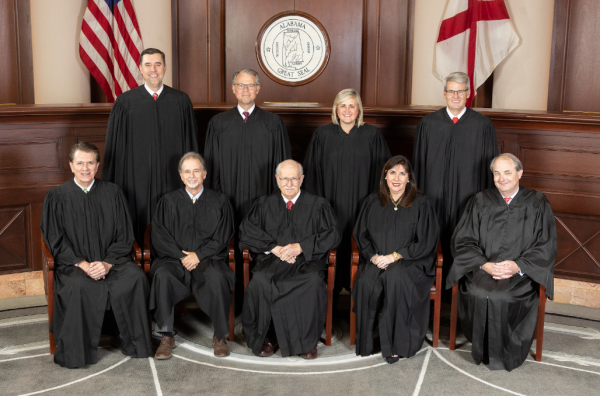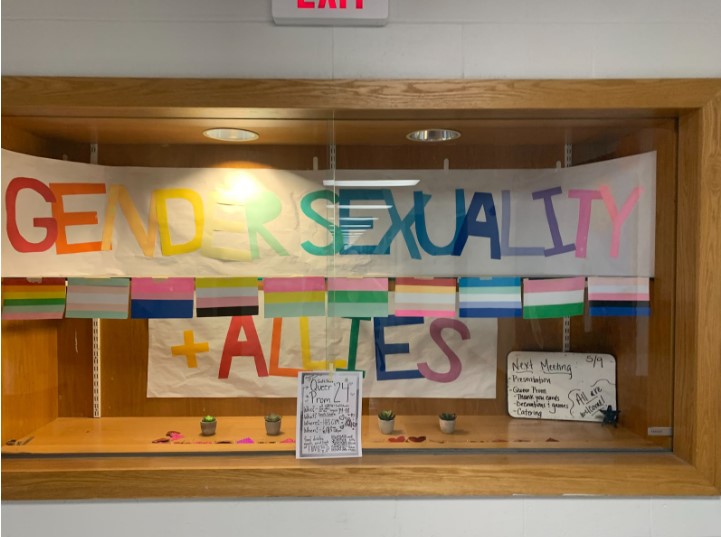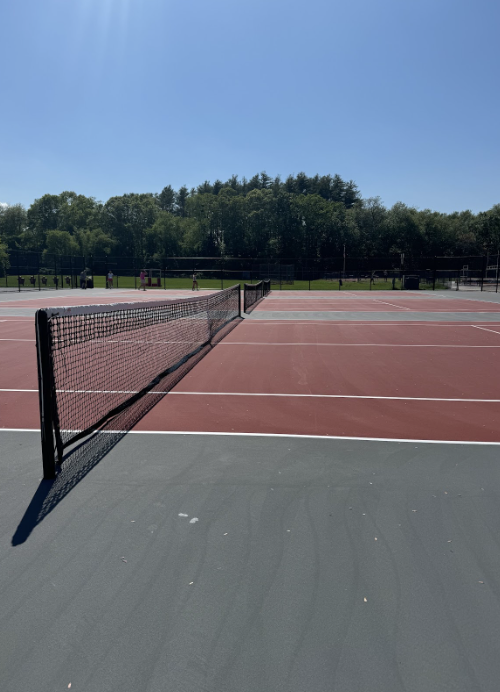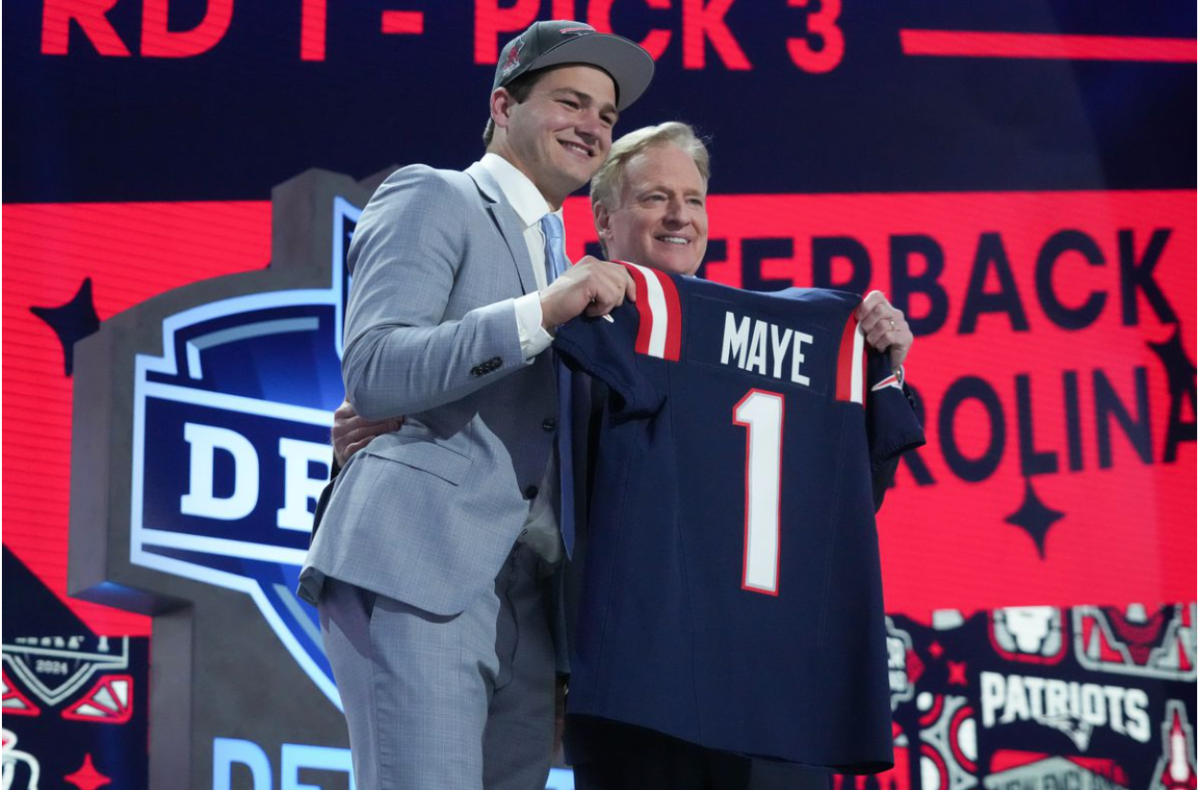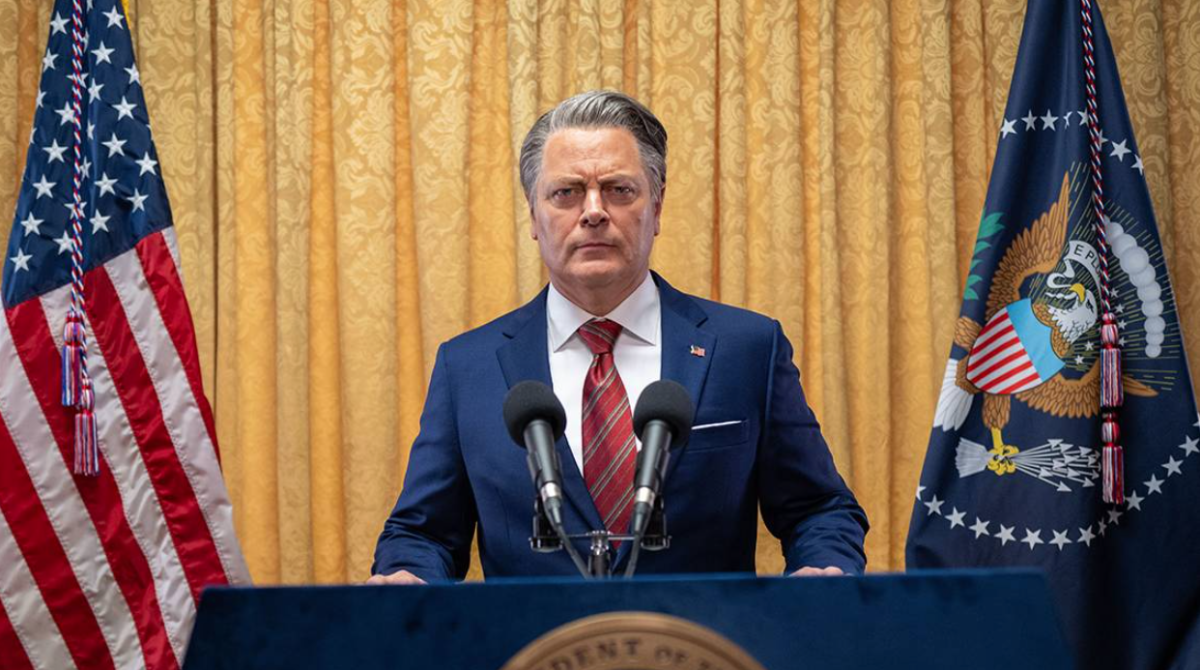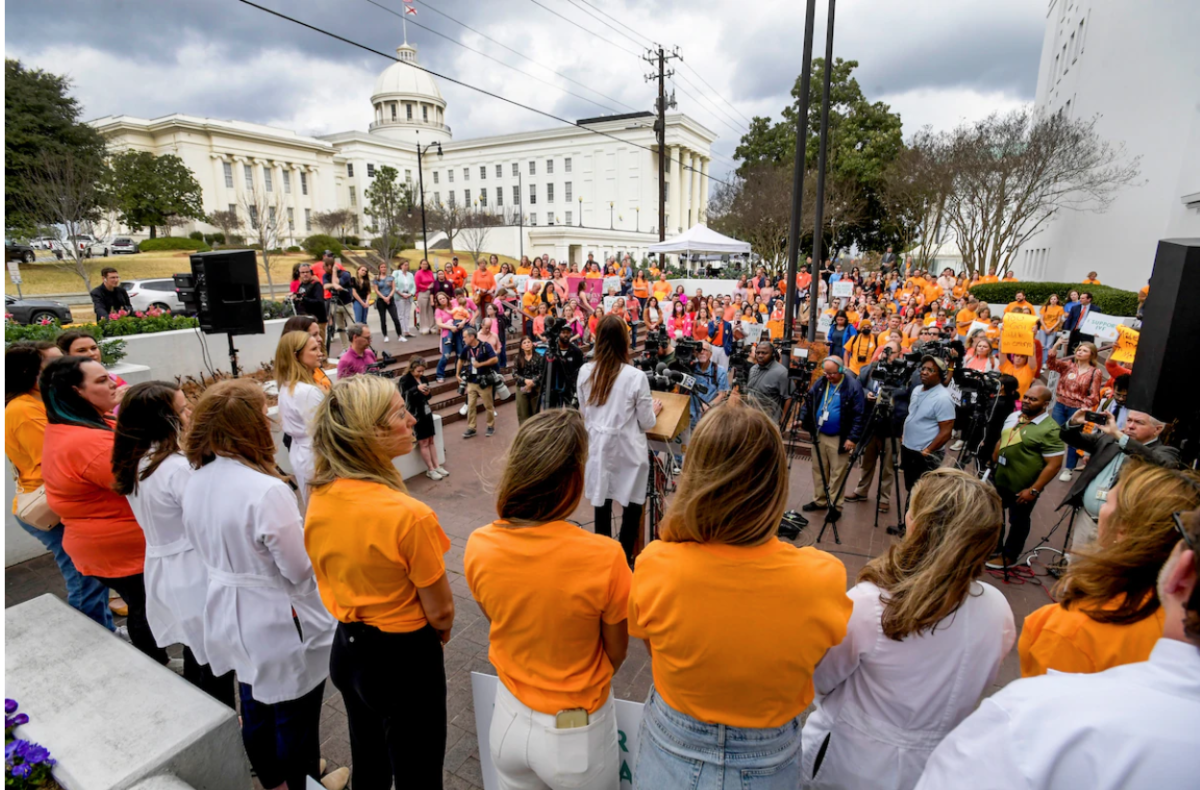Earlier this month, Alabama’s Supreme Court ruled that frozen embryos are considered children. This decision has put in vitro fertilization (IVF) at risk for many families in the state.
In vitro fertilization, or IVF, is a treatment many couples use to help have a child. The science uses a frozen embryo and additional nutrients to create a viable pregnancy with the help of many medical tools. This procedure is costly, usually around $30,000 per treatment round, and often a last-ditch effort for couples struggling with fertility to have a child.
The new ruling stemmed from three civil suits happening in Alabama right now after a fertilization clinic accidentally destroyed the couples’ embryos. The lawsuits caused the Alabama Courts to rule in favor of the families, making frozen embryos recognized as humans, meaning the destruction of these embryos would be punishable under the Wrongful Death of a Minor Act.
The Supreme Court ruling does not explicitly outlaw IVF treatment; however, many clinics in Alabama paused administering any treatments due to the confusion that came with the verdict. Although the ruling is not a direct attack on IVF, the future of the treatment has become less clear than ever. Senior Ava Lydotes commented on the verdict, “This is only the beginning, and the court’s decision will only allow for more harmful bills to pass in the future.” Now, women seeking treatment in Alabama had to flee to fertility clinics outside the state for fear that the sudden pause would ruin their carefully curated, expensive treatments.
In response to the decision, many lawmakers have shown their support for IVF treatment and are pushing to pass a new bill to protect the process. Many prominent Republicans, even Donald Trump, took this opportunity to support IVF and criticized the Supreme Court’s ruling.
On February 29, the Alabama legislature passed a bill that officially protected embryos in IVF treatment clinics and is expected to be signed into law by next week. The IVF debate brings the question of women’s autonomy and the extent to which the government can control a woman’s decisions about her fertility. Senior Grace LaFond noted, “There should never have been a debate about this. The decision to seek IVF, or any fertility treatment, should be a conversation within a family, not something to be dissected by an entire country.” Although the future is unclear, IVF’s support from both political parties strikes hope for a more productive conversation about bodily rights.
